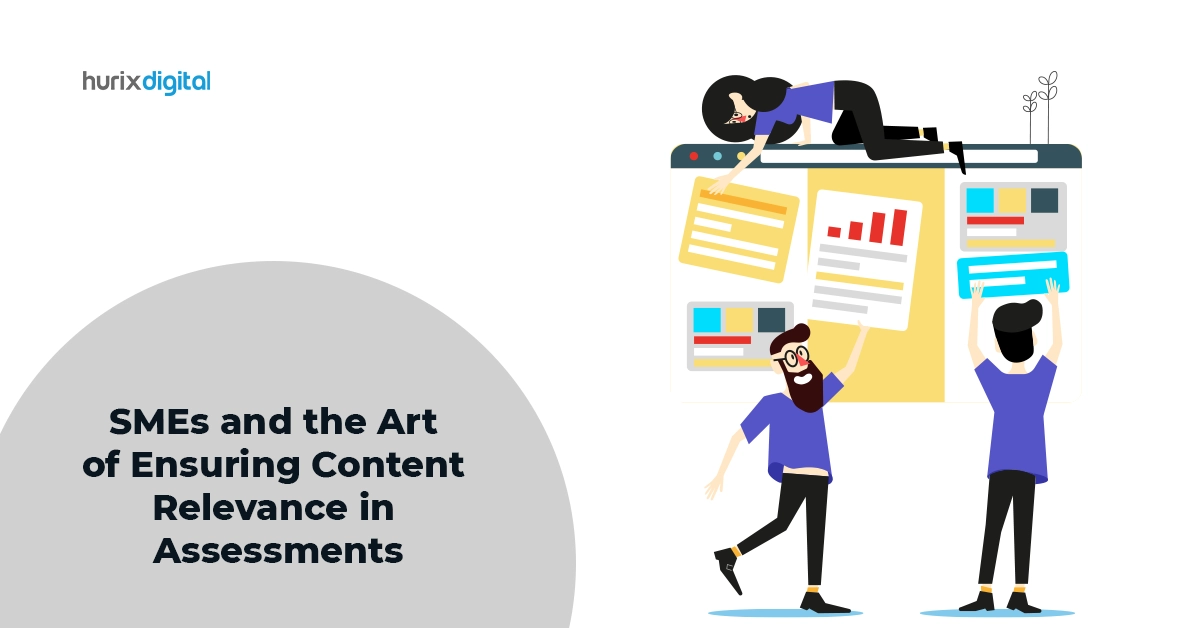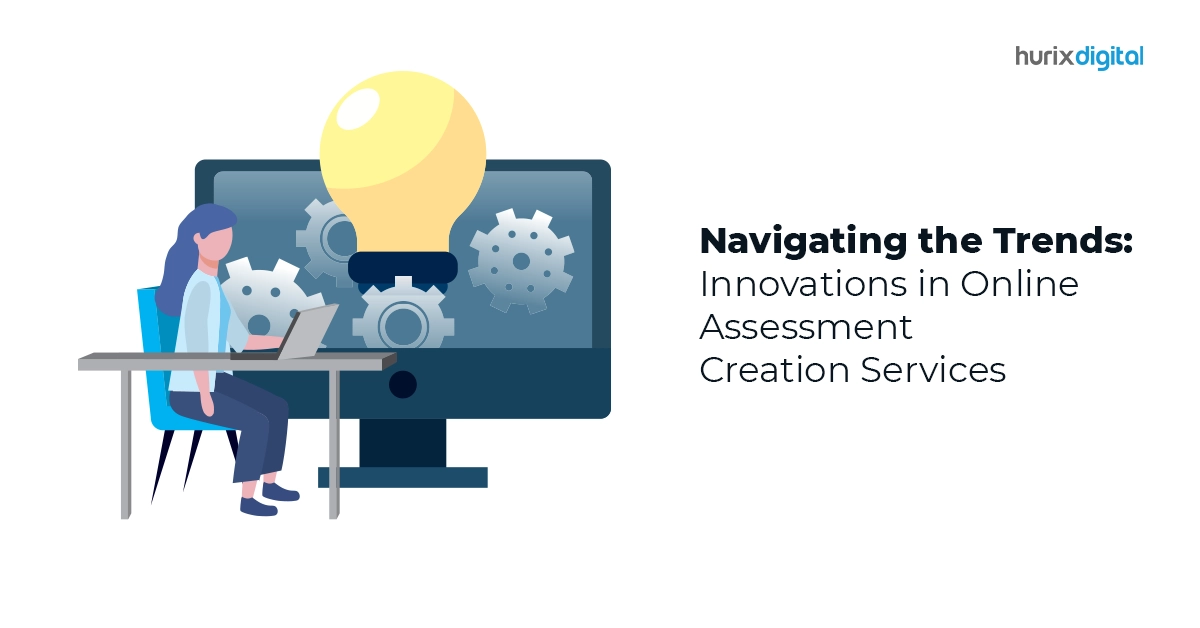Summary
SMEs are vital for creating assessments that accurately measure student mastery. Their curriculum expertise ensures alignment to standards and instructional content relevance. SMEs also provide critical item feedback to optimize question quality and minimize bias. Partnering SME knowledge with assessment design expertise allows for tests that engage students and provide meaningful learning insights.
Assessment plays a pivotal role in education. Well-designed assessments provide teachers with crucial insights into student learning and mastery. However, creating valid, reliable assessments is far from simple. This is where leveraging Subject Matter Expert (SME) knowledge can make all the difference.
Table of Contents:
- The Critical Role of SMEs
- Ensuring Alignment with Taught Curriculum
- Checking for Relevance
- Providing Valuable Item Feedback
- Partnering with Assessment Experts
- Conclusion
The Critical Role of SMEs
SMEs are educators with expertise in a particular subject or content area. They have extensive familiarity with the core concepts, skills, and learning standards that students must master. With this background, SMEs are perfectly positioned to ensure assessments accurately measure student proficiency.
During the assessment design process, SMEs analyze academic standards and help identify the most essential skills and knowledge to assess. They provide input on the appropriate scope, difficulty level, and cognitive demand of test items and tasks. SMEs also review test questions to confirm alignment with instruction and avoid potential bias.
In short, SMEs help craft Assessment Tools that provide meaningful insights into genuine student learning and engagement. Their subject expertise is invaluable for developing unbiased assessments that are content-valid and instructionally relevant.
Ensuring Alignment with the Taught Curriculum
One common pitfall in assessment design is a disconnect between the test and the curriculum. Often, assessments target content or skills that weren’t sufficiently taught and practiced. This results in tests that frustrate rather than motivate students.
SMEs can prevent this issue by cross-walking assessments back to the delivered curriculum. As topic experts, they analyze whether each test item reflects content that students actually learned. SMEs also consider whether instruction provided enough exposure for students to reasonably succeed on each assessment task.
This alignment process ensures assessments function as accurate tools for assessing student learning, rather than “gotcha” questions irrelevant to classroom instruction. It’s a key step in developing fair, useful, and engaging tests.
Also Read: Subject Matter Expert – Services Offered by SMEs in Physics, Chemistry, Math, and Biology
Checking for Relevance
While alignment with the taught curriculum is critical, assessments must prioritize the knowledge and skills that are most important for students to acquire. Tests should focus on the essential standards and learning goals.
Here again, SMEs lend their expertise. They help determine the central concepts and skills each assessment should cover. SMEs weed out interesting but non-essential content that may distract from core learning. This results in tightly focused assessments zeroed in on the most crucial knowledge and competencies.
SMEs also evaluate real-world relevance. They craft assessment items and tasks that mirror authentic situations and test skills needed for college and career readiness. This connects learning to life, further engaging students in their own mastery.
Providing Valuable Item Feedback
SME involvement doesn’t end after the initial test design. SMEs also provide expert feedback on individual assessment items and tasks.
During item review, SMEs carefully scrutinize questions and assignments to confirm they are technically sound, grade-appropriate, and clearly worded. SMEs check for errors, potential student confusion, and sources of bias.
This feedback allows the test developer to refine and optimize each assessment item before finalizing the test. It helps ensure each question functions well as an accurate measurement tool.
Partnering with Assessment Experts
Clearly, SME knowledge is imperative for crafting aligned, relevant assessments. However, assessment design also requires psychometric expertise. Factors like item difficulty, discriminability, cognitive level, and more must be considered.
Therefore, SMEs should collaborate with assessment professionals to translate their curriculum expertise into technically robust assessments. Platforms like Hurix Digital combine assessment design capabilities with SME knowledge. Educators can use Hurix Digital’s item bank and tools to build customized Online Assessment Tools aligned with their curriculum. This fusion of expertise streamlines test creation.
Also Read: What is a Subject Matter Expert? Exploring the Role and Responsibilities
Conclusion
In summary, SME input creates assessments that genuinely assess student mastery of key concepts. By partnering with assessment experts, teachers can utilize SME knowledge to motivate students with tests that are curriculum-focused, engaging, and instructional on point.
Want assessments aligned to your taught curriculum? Let Hurix Digital collaborate with your SMEs to build tests that provide accurate insights into student learning.











